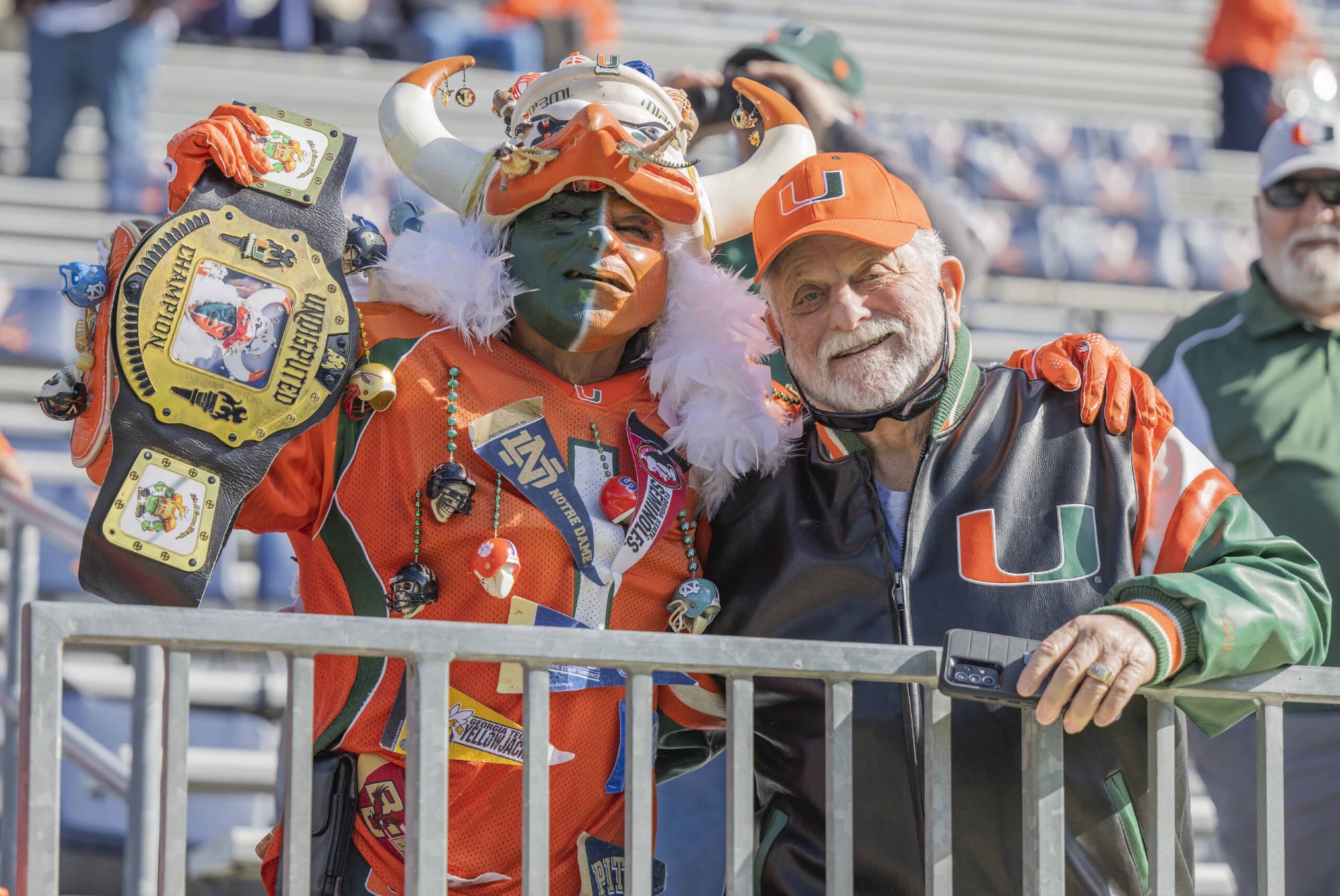Miami Police Department holds ‘Guns 4 Ukraine’ buyback program
On the sunny day in Florida’s second-largest city, people lined up in cars and on motorcycles outside Miami City Hall, where law enforcement officers waited to collect and inspect their firearms. “No questions asked!” the Miami Police Department posted on Twitter.
Since Russia’s invasion in late February — and Ukraine’s repeated pleas for military aid from the West — some Americans have sought ways to send weapons and ammunition to Ukraine.
But U.S. and foreign export license requirements have complicated these initiatives — and Miami’s buyback program has proved controversial on some conservative gun sites, where commenters have expressed skepticism that the collected weapons would actually make it to the war’s front lines or be useful for the fight.
On Saturday, the Miami Police Department posted a video of its officials touting what it called the success of its gun buyback program for Ukraine.
“We really didn’t know what to expect,” Miami Police Chief Manuel Morales said in the video, standing beside more than a dozen rifles arrayed on a white table. “But we came out here, the community came out, and showed great support for us.”
Police collected 68 weapons, Morales said, adding that only “a few of them” are likely to be “fit to send over to our friends over in Ukraine.”
It’s unclear how the Miami Police Department plans to get the weapons there. Earlier this month, the Miami City Commission approved a resolution “directing the City Manager to take any and all action to ensure that weapons received through the city’s gun buyback program are directed to Ukraine for the defense and liberation of the Ukrainian people against the Russian invader.”
Typically, under Florida law, any weapon left in the hands of a state official must be handed over to the sheriff, who can use it, loan it to other departments in the state, destroy or sell it to benefit a state fund. State officials are not usually permitted to send the weapons overseas. Under a set of federal rules called the International Traffic in Arms Regulations, anyone seeking to export guns, ammunition and other defense-related items from the United States must get a license from the U.S. State Department.
City Commissioner Ken Russell, who submitted the resolution, said that Morales had verified with the State Department that such an initiative was “possible through the right channels where those who have the license to export can do this in conjunction with the federal government.”
Miami police did not respond to requests for comment Monday about the plan and whether the department has an export license. The State Department referred questions to the city of Miami and the Commerce Department, which also did not respond to a request for comment early Monday. Commerce was reportedly seeking to speed up the processing of requests from Americans to send firearms and ammunition in the early weeks of the war.
The guns collected in Miami are also likely fall short of what Ukrainian officials say they need, as they seek more sophisticated weapons systems and ammunition to resist Russia’s assault, particularly in eastern Ukraine.
The United States is among Ukraine’s Western allies providing it with weaponry. U.S. military aid consists largely of medium-range advanced rocket systems, drones and thousands of antiaircraft and antitank weapons such as Stinger and Javelin shoulder-fired missiles.
Still, Miami police seeking to get guns off the streets may have had some success toward that goal.
Experts say voluntary gun buyback programs can be an effective way to get unused weapons off the streets and to engage with local communities on gun safety — although research indicates that they are largely ineffective at curbing violence, and some critics say they tend to attract outdated or unusable firearms.
The initiative to direct weapons to Ukraine “could move a lot of guns off the street,” city commissioner Russell previously told the Miami New Times, a local outlet. “That’s primarily where this comes from.”
AK-47s and AR-15s are semiautomatic rifles that have been used in mass shootings in the United States. They were outlawed for a decade under President Bill Clinton’s 1994 assault-weapons ban. It’s not clear how many of those types of weapons were handed in to Miami police Saturday.
“A lot of people don’t understand, why would somebody want to give up their guns,” Russell said Saturday in the Miami Police Department video. “These are people that had guns in their house that no longer wanted them. We don’t ask any questions, but we’re happy to take them out of their homes, because that way, it’s one gun that may not fall into the hands of someone, or even a kid, and get misused.”
“How many lives were saved today by this event, we’ll never know,” Morales added.



